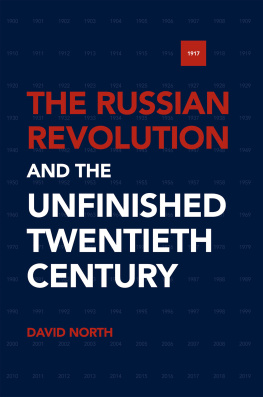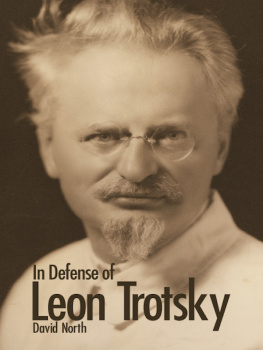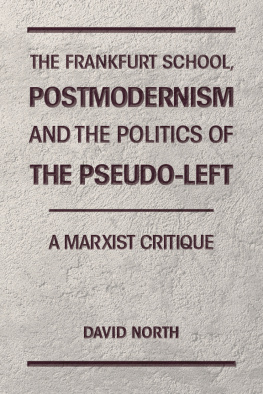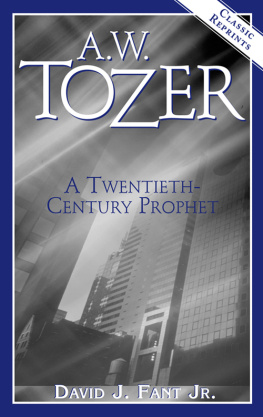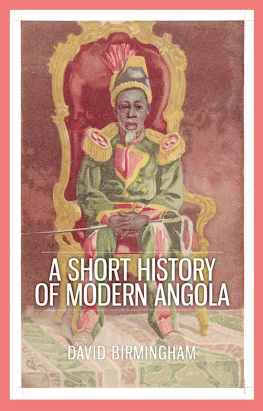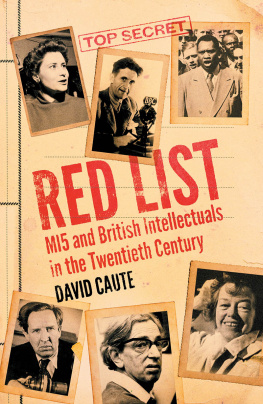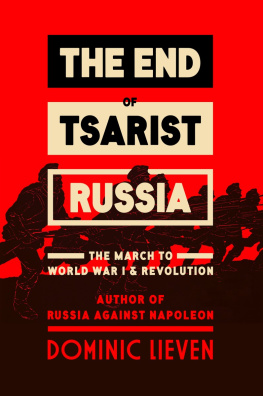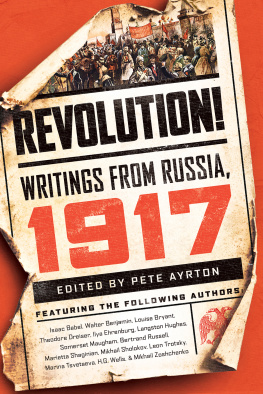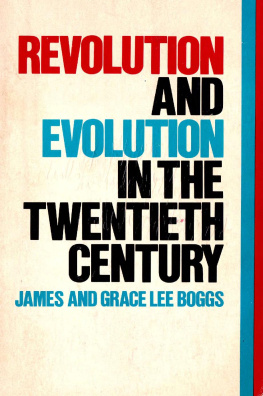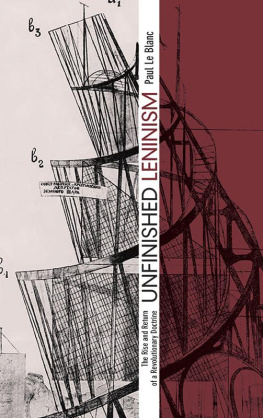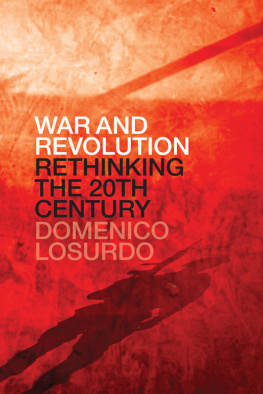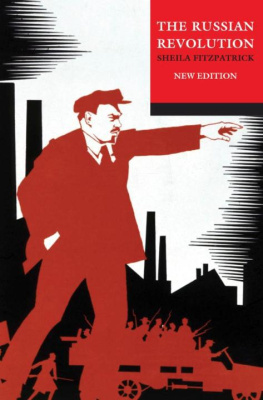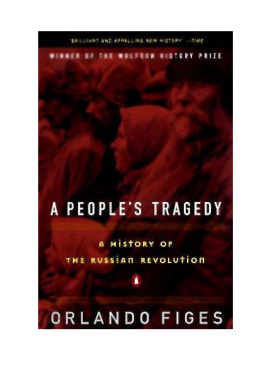The Bolshevik Seizure of Power
in October 1917: Coup dtat or Revolution?
One of the staples of anti-Marxist literature is that the Russian Revolution was a putsch, or coup dtat, engineered by a handful of ruthless malcontents who were determined to impose a totalitarian dictatorship upon the people. According to this argument, the Bolshevik Party was nothing more than a tiny sect prior to 1917, and it came to power only because it was able to exploit the mass confusion created by the revolution. But where did the revolution that caused all the confusion come from? Harvard University historian
Since the 1980s a number of historians have attempted to provide a more detailed picture of the Russian working class and its political life prior to 1917. The best of these works give readers a sense of what was going on among the masses, and show that the Bolsheviks had established, well before 1917, a commanding political presence within the working class. By 1914 the Mensheviks, who once had held strong positions within the popular organizations of the working class, were in headlong retreat before the surging Bolsheviks. It should come as no surprise that Professor Richard Pipes has denounced empirically-grounded research into the development of the pre-1917 Russian workers movement.
Hordes of graduate students, steered by their professors, in the Soviet Union as well as the West, especially the United States, have assiduously combed historical sources in the hope of unearthing evidence of worker radicalism in prerevolutionary Russia. The results are weighty tomes, filled with mostly meaningless events and statistics, that prove only that while history is always interesting, history books can be both vacuous and dull.
I will make use of some of these weighty tomes and cite their meaningless events and statistics to give a brief overview of the political development of the Russian working class in the decade that preceded the conquest of power by the Bolsheviks. The defeat of the 1905 revolution resulted in a staggering decline in the numerical strength and political influence of the revolutionary organizations. In the years of revolutionary upsurge, between 1905 and 1907, both the Bolsheviks and Mensheviksthe two antagonistic factions of the Russian Social Democratic Labor Party (RSDLP)had grown by tens of thousands. After June 1907 their mass membership faded away. The impact of defeat produced widespread demoralization. Revolutionary politics and aspirations were abandoned even by activists who had devoted years to the struggle. The drift among broad sections of the Russian intelligentsia back to religion and the flourishing of all sorts of backward attitudes, including a fascination with pornography, found its reflection within the membership of the revolutionary movement. By 1910, according to Trotsky, Lenins loyal and active contacts within Russia numbered about ten people.
However, this was not an unproductive period. Lenin and Trotsky, despite their disagreements, were analyzing the events of 1905 and drawing strategic lessons that laid the foundations for the victory of the socialist revolution in 1917. For Trotsky, the 1905 revolution demonstrated that the democratic revolution in Russia could be led only by the working class, and that the democratic revolution would assume an increasingly socialistic direction. This insight into the sociopolitical dynamics of the Russian Revolution laid the basis for the theory of permanent revolution.
For Lenin, the experiences of 1905 led to a deepening of his analysis of the differences between Bolshevism and Menshevism. They shed new light on the significance of the split in the socialist workers movement. The tactics employed by the Mensheviks throughout the 1905 revolution confirmed Lenins belief that Menshevism represented an opportunist current that reflected the influence of the liberal bourgeoisie on the working class. The development of a revolutionary movement, Lenin insisted, required the persistent deepening of the struggle to expose before the working class this political characteristic of Menshevism.
Under the leadership of the shrewd Prime Minister, Stolypin, the tsarist regime enjoyed, after the close call of 1905, a revival of its political fortunes. However, Stolypins assassination in 1911, which was organized by the secret police, removed the tsars most capable minister just as the workers movement entered into a new phase of radical activity. The mass strikes in 1912 created a new political climate favorable to a rapid growth in Bolshevik influence.
The period of reaction, from 1907 to 1912, produced a sharp turn to the right among the Mensheviks. Drawing their inspiration from what was, in fact, the weakest side of German Social Democracythat is, the domination of the German party by the reformist trade unionsthe Mensheviks moved into the political orbit of the bourgeois liberals, and their aspirations assumed a definite reformist coloration. During the period of reaction, the Mensheviks benefited from their ties with the bourgeois liberal Cadets. But with the upsurge of the working class from 1912 on, the Bolsheviks began to overtake them, even in the trade unions once dominated by the Mensheviks.
An indication of the political radicalization of the working class came in April 1913, at a meeting of the Petersburg metalworkers union. This organization had been dominated by the Mensheviks for several years. However, with 700 to 800 workers present, the meeting elected a Bolshevik majority to the unions interim directing board.
In late August 1913, a second election was held for a permanent directing board. It was attended by between 1,800 to 3,000 workers out of a total union membership of 5,600. A Bolshevik directing board was elected, and the Mensheviks managed to obtain only about 150 votes. The class-conscious workers of St. Petersburg discerned the differences in the positions of the Bolsheviks and Mensheviks. The latter opposed the involvement of the trade unions in struggles of an overtly political and revolutionary character. The Bolsheviks, on the other hand, sought openly to utilize the unions for precisely such a purpose.
Throughout the remainder of 1913 and into 1914, the Bolsheviks continued to oust the Mensheviks from their dominant positions in the unions. Among the organized tailors, for example, the Bolsheviks achieved an overwhelming majority in the leadership by July 1914. Out of eleven board members, ten were Bolsheviks and one was a Socialist-Revolutionary. The Mensheviks had lost all their support.
The printers, who were among the most skilled and educated workers, elected Bolshevik candidates in April 1914 to nine of the eighteen full seats on their board of directors and to eight of the twelve candidate seats.
Another indication of the growth of the Bolsheviks support at the expense of the Mensheviks comes from the respective sizes of their press circulation. The Menshevik newspaper, Luch, had a press run of about 16,000 per issue. But Pravda, the Bolshevik daily, had a press run of 40,000.
By July 1914, on the eve of the war, the class struggle in the major industrial centers of Russia had assumed revolutionary dimensions. Incidents of street fighting between workers and police were reported in St. Petersburg. For the tsarist regime the war came at an opportune moment. While the pressure of war led, over a period of three years, to a sharpening of social conflict, its initial impact was to douse the revolutionary workers movement with a tidal wave of chauvinist fervor. The highly developed Bolshevik organization, which had been operating under conditions of borderline legality, was shattered and again driven underground.
Trotsky was to write later that had it not been for the war, the eruption of revolution in late 1914 or 1915 would have meant a mass proletarian movement unfolding, from the beginning, under the leadership of the Bolsheviks. The revolution began in February 1917 under conditions that were far less favorable to the Bolsheviks than they had been in July 1914. First, their organization was barely functioning in Russia. A great number of their working class factory cadre had been drafted into the army and were dispersed along a wide front. The factories were populated by far less politically experienced workers. Finally, the mass mobilization of the peasantry inside the army meant that when the revolution erupted, the proletarian character of the social movement, at least in its beginning stages, was far less pronounced than it had been in 1914. That is why the Socialist-Revolutionary Party, based largely on the peasantry, emerged out of the first weeks of the revolution as the largest political party.

